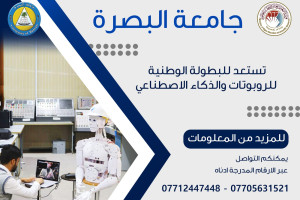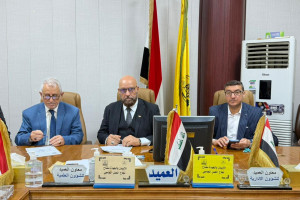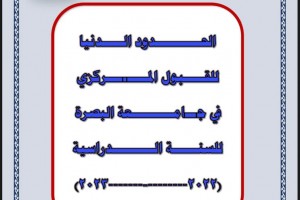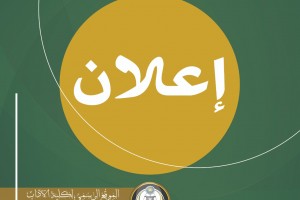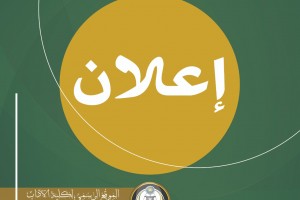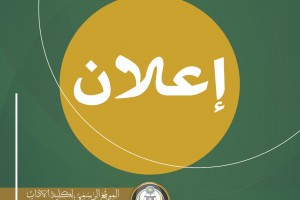
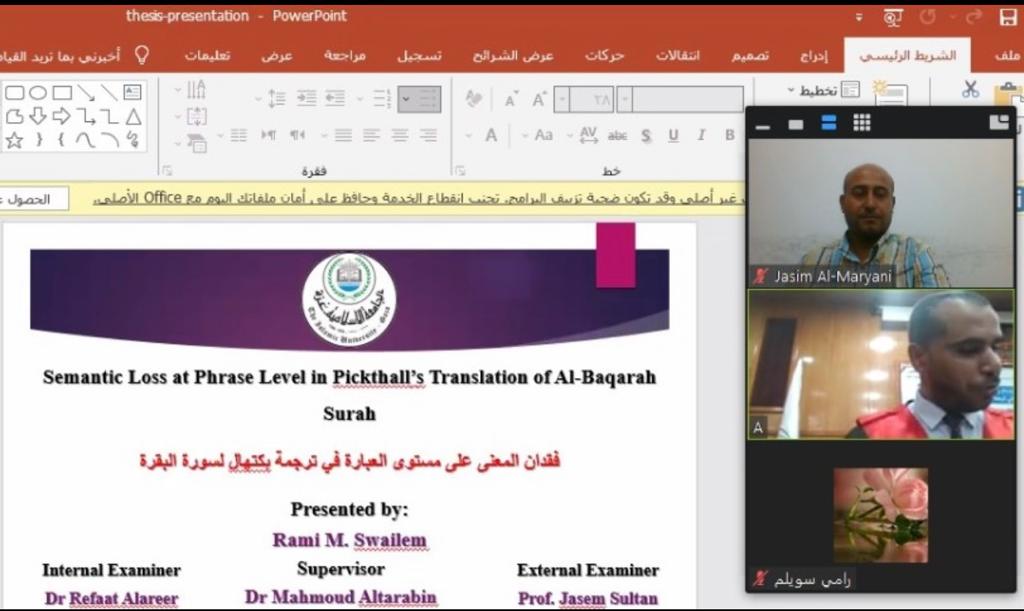

Dr. Jassim Khalifa Sultan Al-Mariani, an instructor at the translation department at the College of Arts / University of Basrah, participated in the discussion of the master's thesis entitled (Semantic Loss at Phrase Level in Pickthall’s Translation of Al-Baqarah Surah) for the student Rami Swailem from the College of Arts/ The Islamic University of Gaza/ Palestine, the discussion was on Sunday 26 June 2022 through the Zoom platform.
The aim of this study is to find out the impact of semantic loss in Pickthall translation of Al-Baqarah Sura, and to find out the causes of the lack of linguistic equivalent at the level of structure proposed by Baker. This study was designed to measure the success of Pickthall’s translation in receipt of the correct translation of these compositions chosen by the researcher from Al-Baqarah Surah. Therefore, in order to answer the questions of the study, the researcher followed the methodology of comparative text analysis for the translation of Pickthall , Mohsen Khan and Sahih Enternational.
The results of the study showed that there was a loss of meaning in the translation of Pickthall. For example, the semantic loss caused by the translation of cultural compositions such as the translation of the“establishment worship’. In addition, the results showed that there are some reasons for the semantic loss in the translation of Pickthall such as: the term in the source language does not found in the translated language, the word in the source language is considered linguistically complex, the translated language lacks the inserted synonym...Etc.
On the other hand, at the end of the study, the researcher recommended that the translators of the Holy Quran should be familiar with the religious contexts, interpretations of the Quran and related sciences. It also shows the effectiveness of the interpretative strategy in the translation of the Qur'an, while the ineffectiveness of both direct or literal translation appears. Therefore, researchers should conduct more studies on the translation of the Holy Quran and their reliance on interpretations to show the aesthetics and greatness of the Holy Quran. Translators should also know the reasons for the descent of the Holy Qur'an, as this helps in producing more accurate translations.


